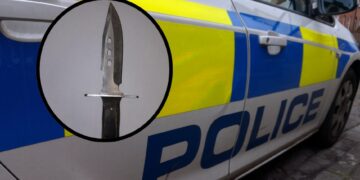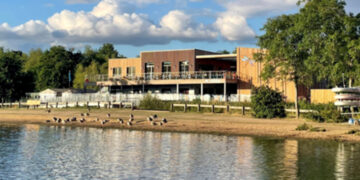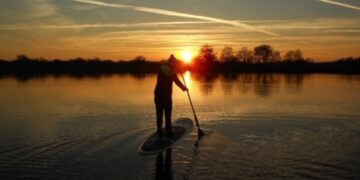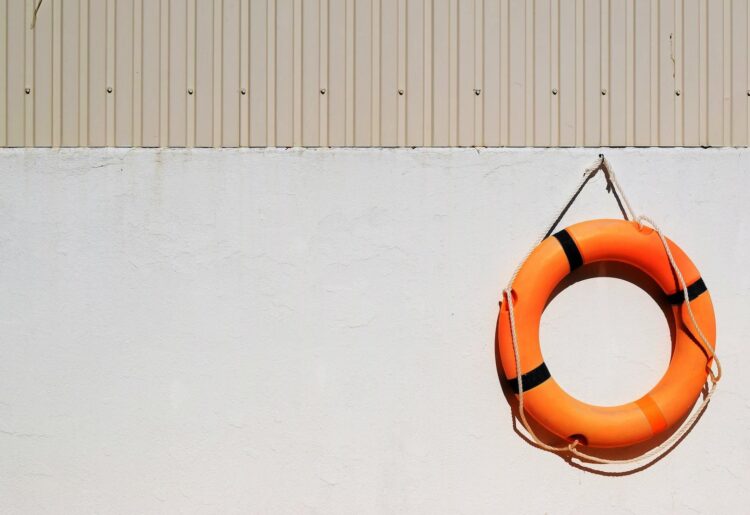THE ROYAL Berkshire Fire and Rescue Service has released advice to help people stay safe in and around water as part of a week-long campaign.
The National Fire Chiefs Council’s (NFCC) ‘Be Water Aware’ campaign is running from Monday, April 28, to Sunday, May 4, and aims to remind people of the risks of open water and the steps they can take to reduce the likelihood of an emergency.
RBFRS emphasis that knowing what to do in an emergency can make all the difference.
However, there are steps that you can take to avoid an incident from occurring in the first place.
Figures released by the service show that more than half of the people who accidentally drowned in the UK had no intention of entering the water.
It advises, therefore, when running or walking next to the water, people stay clear of the edges, as riverbanks and cliff edges may be unstable and give way – particularly after bad weather.
If you want to swim in open water, either go as part of an organised swimming group or go to a location that is marked as safe for swimming, ideally with a lifeguard.
Other stretches of open water such as rivers, lakes, canals or quarries can be dangerous. There is often no way to be sure of what is beneath the surface and unseen currents or debris could pull you under.
It advises not to jump into open water, often referred to as ‘tombstoning’, as this can cause potentially fatal cold water shock, even on the warmest day.
Cold water shock refers to the reaction of the body to entering cold water. Cold water shock can have a dramatic effect on your body, such as causing you to breathe in water, make your muscles weaken, and can even cause your heart to go into abnormal rhythms, ultimately resulting in death.
Anything below 15°C is defined as cold water so there is a significant risk of it occurring when entering the water at any time of year, even in the summer.
Average UK and Ireland sea temperatures are just 12°C, but rivers such as the Thames are colder.
Swimmers are advised not enter the water if they have been drinking and avoid walking routes near water if they are under the influence of alcohol.
Call 999 for help if someone is in trouble in the water. Never enter the water to attempt a rescue. Ask for the Coastguard at the coast.
Tell them to float on their back.
Throw them something that floats. This can be lifesaving equipment such as a throwline, but anything that floats can help save a life.
Paul Scott, Prevention Manager at RBFRS, says: “The latest statistics show that 273 people accidentally drowned in the UK in 2023, with 59 percent of those people never intending to enter the water.
“Whilst we want people to enjoy themselves in and around the water this summer, we must take this opportunity to remind people that accidents can happen and we need to know what steps we can all take to avoid them.
“If you find yourself in trouble in water, try not to panic and remember to ‘float to live’. Float on your back with your arms and legs spread to help regain control of your breathing.
“Once any cold water shock has passed, which usually takes around 90 seconds, call out for help or try to swim to safety.”
He explained: “Likewise, if you see someone else is in trouble, call 999 immediately and ask for either the Fire Service if you’re inland or the Coastguard if you’re at the beach.
“Shout out to the person to help them focus on their surroundings–if you are near a life ring or throw bag, please use them.”
More information is available via: rbfrs.co.uk/your-safety/water-safety















































